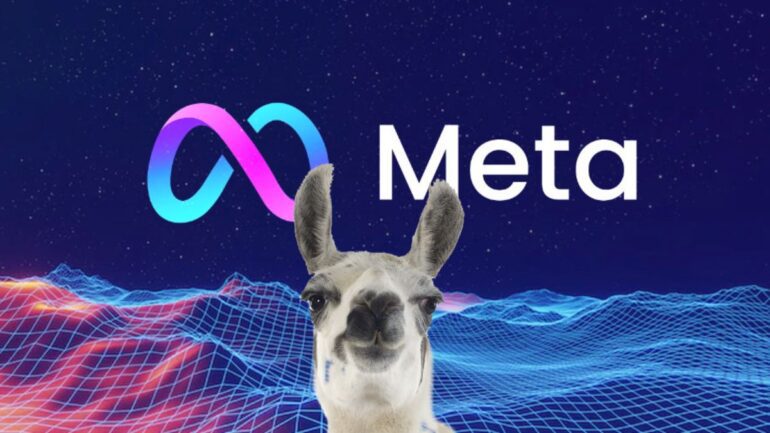TL;DR:
- Meta plans to make the next version of LLaMA commercially available, moving beyond its current availability to researchers.
- Lawmakers have raised concerns about LLaMA, including its leak to 4chan shortly after its announcement.
- Meta’s openness and commitment to open-source AI through FAIR have made it stand out among Big Tech companies.
- LLaMA’s model weights were leaked, granting developers worldwide access to a GPT-level LLM.
- Congress is focusing on AI regulation, while the open-source AI community is witnessing the emergence of new language models.
- OpenAI CEO Sam Altman testified in support of a new AI regulatory agency, echoing concerns raised by Senators Blumenthal and Hawley in their letter to Mark Zuckerberg.
- Meta remains dedicated to open-source AI and aims to integrate generative AI across its products.
- Zuckerberg envisions LLaMA as the engine powering AI agents used by small businesses and content creators on Facebook’s apps.
Main AI News:
In a bold move, Meta, the tech giant known for its openness to cutting-edge research and AI advancements, has announced plans to make the next iteration of LLaMA, its groundbreaking open-source language model (LLM), commercially available. The recent report from The Information sheds light on Meta’s determination to expand LLaMA’s accessibility beyond its current limited availability to researchers, despite facing inquiries from lawmakers.
Meta’s commitment to openness has long been acknowledged, and its dedication to advancing the frontiers of AI research is evident through the Fundamental AI Research Team (FAIR). Established in 2013 by Meta’s chief AI scientist Yann LeCun, FAIR has paved the way for scientific collaboration and knowledge sharing. As part of this initiative, Meta had previously made LLaMA’s model weights accessible under research licenses to select academics and researchers, including Stanford University for their Alpaca project. However, this gesture backfired when the weights were leaked, granting developers worldwide unprecedented access to a GPT-level LLM.
This latest development by Meta arrives at a crucial juncture when the U.S. Congress has placed significant emphasis on regulating artificial intelligence. Additionally, the open-source AI community is experiencing a surge in new language models, adding to the urgency for effective oversight. Notably, OpenAI CEO Sam Altman appeared before the Senate Subcommittee on Privacy, Technology & the Law last month, where he supported the establishment of a dedicated AI regulatory agency. Senators Richard Blumenthal (D-CT) and Josh Hawley (R-MO), who penned the aforementioned letter to Meta CEO Mark Zuckerberg regarding LLaMA, serve as the chair and ranking member of this influential committee.
Despite the mounting scrutiny, Meta remains unwavering in its commitment to open-source AI. During a recent internal all-hands meeting, Zuckerberg himself highlighted the integration of generative AI across all Meta products and reaffirmed the company’s dedication to an “open science-based approach” in AI research. In a compelling interview with podcaster Lex Fridman, Zuckerberg further emphasized the pivotal role of LLaMA, referring to it as the engine empowering “AI agents” utilized by small businesses and content creators within the expansive Facebook app ecosystem.
Conclusion:
Meta’s decision to make LLaMA commercially available, despite lawmaker inquiries, demonstrates its commitment to advancing the accessibility and integration of AI technologies. By capitalizing on the innovative capabilities of LLaMA and its dedication to open-source principles, Meta aims to empower businesses and content creators within its expansive app ecosystem. This move signals Meta’s strategic focus on harnessing the potential of AI, while also navigating the evolving landscape of AI regulation. As the market embraces new possibilities, Meta’s commercialization of LLaMA may foster increased competition and drive further advancements in AI-powered solutions.

